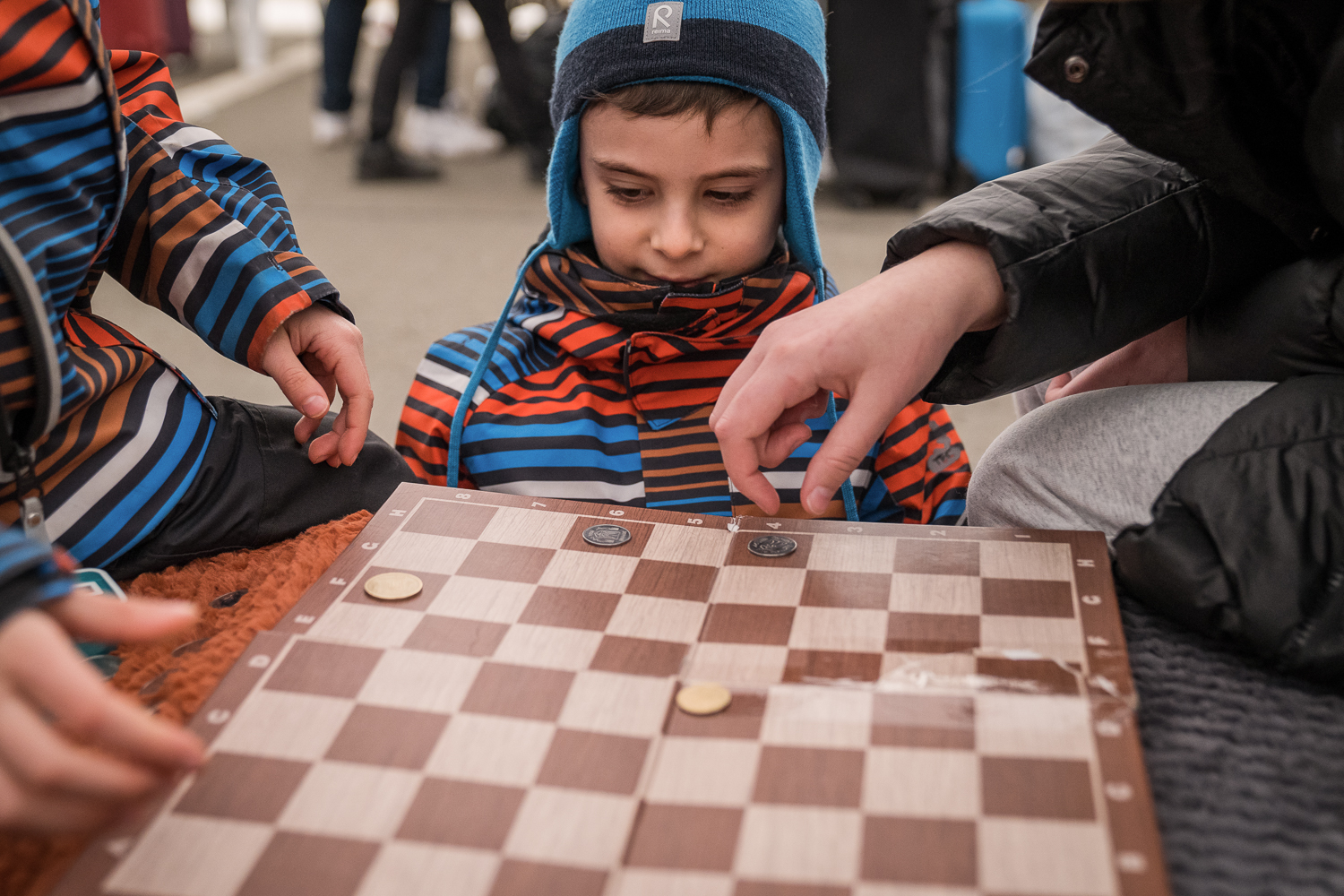
Mudslide tragedy families struggle to keep their children in school
Education in emergencies
Six months after the disaster in Sierra Leone, a lack of income is affecting people's ability to have their children educated.
Survivors of last year’s devastating mudslide in Sierra Leone are struggling to keep their children in school as aid efforts wind down and many are left jobless, charities have said.
More than 500 people were killed and 3000 left homeless when a mountainside collapsed in mid-August outside the capital Freetown – one of Africa’s deadliest mudslides in decades.
Almost half of the affected families now have no source of income, compared with just 5% before the mudslide, found a survey published this week by British charity Street Child.
About four in 10 families said their children had dropped out of school or were at risk of doing so because they could not afford the fees, the survey of more than 300 households showed.
“If the landslide ends up curtailing the education of children in Freetown, the negative impact will be felt throughout those children’s lives,” said Hamid El-Bashir, country representative for the United Nations children’s agency UNICEF.
Many families have used handouts from aid agencies to cover school costs since the mudslide, El-Bashir said, leaving many children at risk of losing their education if funding dries up.
The Street Child report said: “The survey showed an encouraging number of children in school, with 84% of children from families surveyed currently enrolled and attending school.
“However, when assessing the likelihood of dropping out of school, the numbers are less promising. 41% of families surveyed were identified as either having children out of school or at risk of dropping out of school – suggesting that whilst enrolment rates are currently relatively high, the sustainability of this continuing is less clear.
“This is strongly linked to loss of income sources, with many children’s education currently being provided by family members or other members of the community.”
Street Child said social workers found a number of families were unable to send their children to school due to a lack of a government school in their area. Several were damaged or destroyed by the mudslide.
Santigie Bayo-Dumbuya, a Street Child of Sierra Leone Freetown Project Co-ordinator, said: “One of the challenges families affected by the mudslide are facing is that schools around the affected areas are all private schools – they are too expensive for many families. Families cannot even afford school materials – books, bags, uniforms – because they have no income.”
The Sierra Leone government closed its emergency camps in November and most relief programmes ended at that time, aid agencies said.
“When the funds dried up, work stopped and there was still a lot to be done,” said Eric Hubbard of Catholic Relief Services, which is working to improve drainage systems in the flood-prone area to avoid a repeat when the next rains arrive.
Although the government has urged people to move away from the high-risk zone, some have resisted because they did not have job opportunities or connections elsewhere, Hubbard said.
The Sierra Leone Red Cross has extended its cash transfer programme for survivors until June and hopes to address their most urgent needs by then, said spokesman Abu Bakarr Tarawallie. However, he said, support would still be needed after that.
“There are lots of needs across Sierra Leone,” Tarawallie told the Thomson Reuters Foundation.

More news

Theirworld’s mission to give children in crises a safe place to learn
